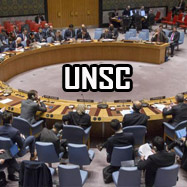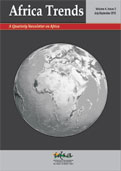India’s Approach to the Afghan Crisis as President of UN Security Council
India's emphasis on humanitarian crisis, concerns about possible misuse of Afghan territory by fringe elements, and silence on issues like how to deal with Taliban, and the prospect of India's recognition of new regime or lack of it, indicate that India's new Afghanistan policy is still in making.
- Vikash Chandra
- September 09, 2021











